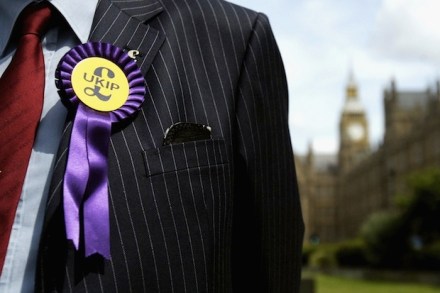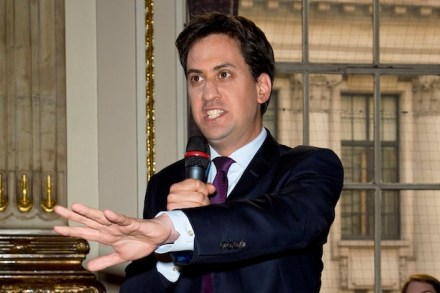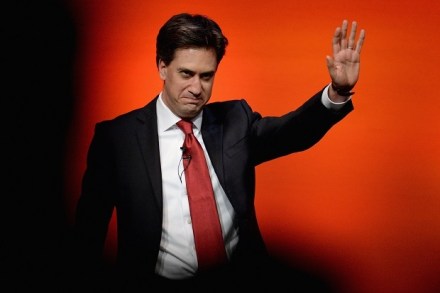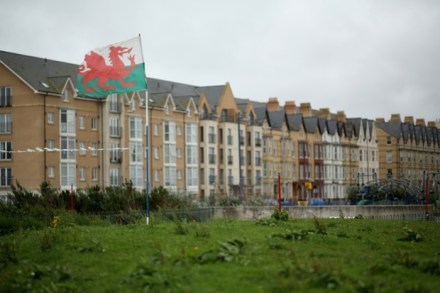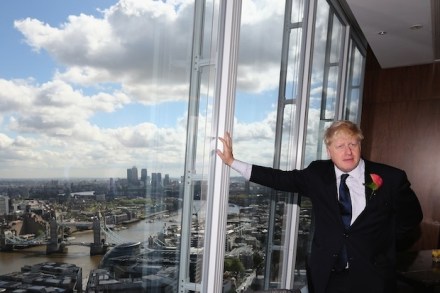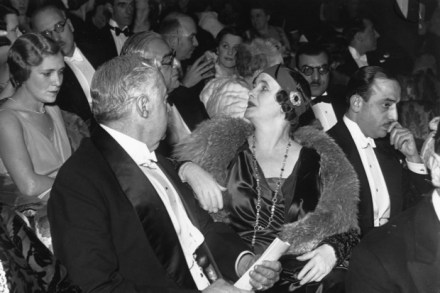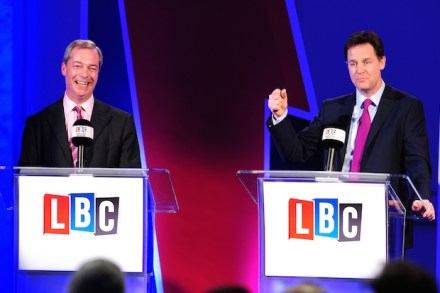David Cameron’s plot to keep us in the EU (it’s working) | 22 May 2014
I write this before the results of the European elections, making the not very original guess that Ukip will do well. Few have noticed that the rise of Ukip coincides with a fall in the number of people saying they will vote to get Britain out of the EU. The change is quite big. The latest Ipsos Mori poll has 54 per cent wanting to stay in (and 37 per cent wanting to get out), compared with 41 per cent (with 49 per cent outers) in September 2011. If getting out becomes the strident property of a single party dedicated to the purpose, it becomes highly unlikely that the majority
